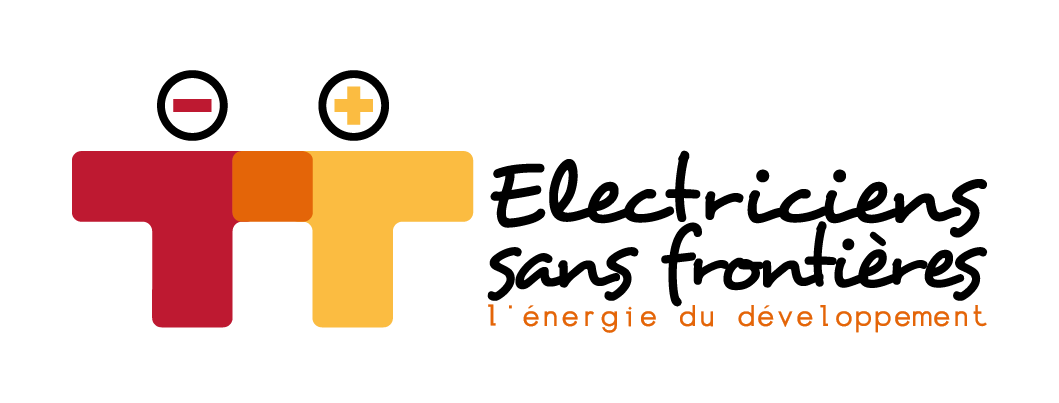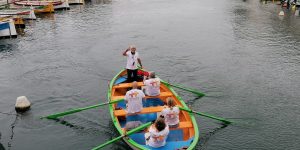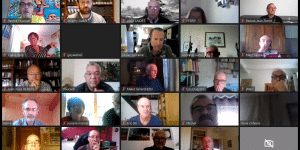Chaque année, Electriciens sans frontières porte la Semaine de l’énergie solidaire dans l’objectif de montrer que des solutions simples, efficaces, abordables et durables existent.
Pour l’édition 2020, qui se déroulera du 28 septembre au 4 octobre, Electriciens sans frontières vous invite à « faire la lumière » sur votre activité sportive pour sensibiliser votre entourage aux enjeux de l’accès à l’électricité et à l’eau dans le monde !
Aujourd’hui encore près d’1 milliard de personnes n’ont pas accès à l’électricité dans le monde, tandis que chaque jour, près de 1 000 enfants de moins de cinq ans meurent de diarrhée provoquée par une eau insalubre, des installations sanitaires insuffisantes et le manque d’hygiène. L’énergie et l’eau sont essentielles pour permettre le développement humain et économique des populations. Comment répondre à ces besoins fondamentaux tout en tenant compte du dérèglement climatique ?
Ainsi, dans 97 % des projets de développement portés par Electriciens sans frontières, la production d’énergie repose sur les ressources locales renouvelables, telles que le soleil ou l’énergie hydraulique, qui constituent des alternatives aux énergies fossiles avec un impact très limité sur l’environnement. Les énergies renouvelables permettent l’accès à une énergie efficace, à un coût abordable tout en réduisant les émissions de gaz à effet de serre.
Electriciens sans frontières lance le Challenge Semaine de l’Energie Solidaire ouvert à tous. En quoi consiste le Challenge ?
1/ MOBILISER : Du 28 septembre au 4 octobre, Electriciens sans frontières vous invite à « faire la lumière » sur votre activité sportive pour sensibiliser votre entourage aux enjeux de l’accès à l’électricité et à l’eau dans le monde ! En marchant, en courant, à vélo, en roller…, chacun peut réaliser un parcours en forme d‘ampoule, de panneau solaire, de goutte d’eau ou autre tout en étant géolocalisé.
2/ SENSIBILISER : Chaque participant est invité à partager son parcours sur les réseaux sociaux avec le #challengeSES et par mail à contact@electriciens-sans-frontieres.org



